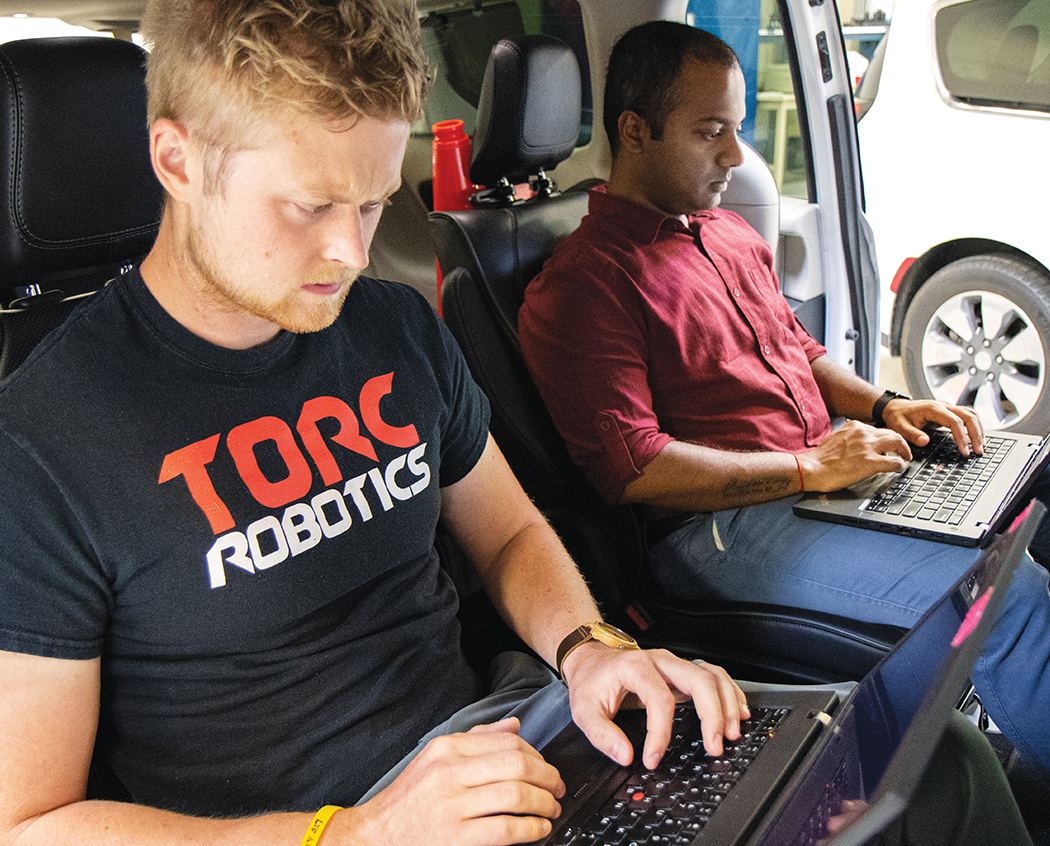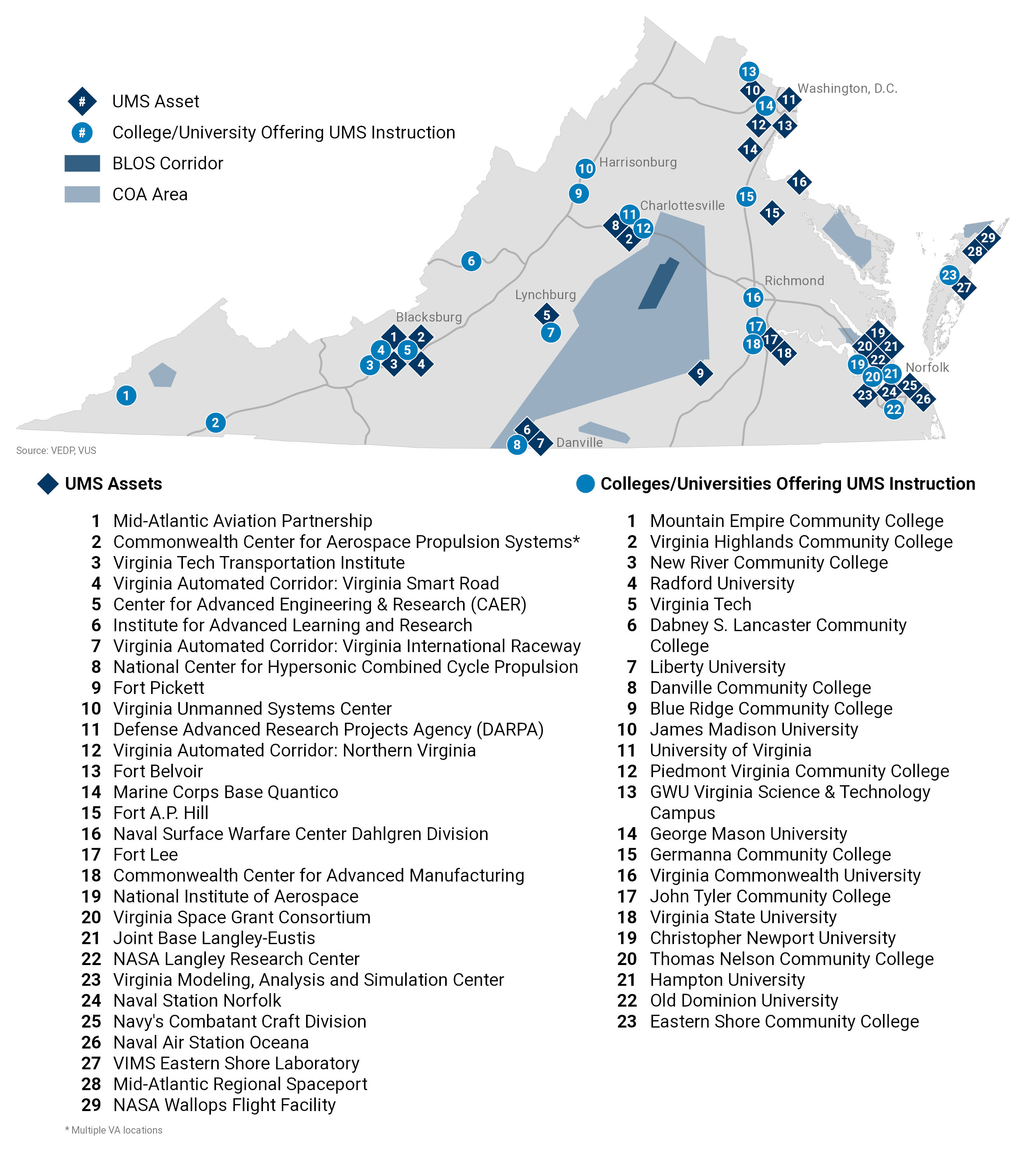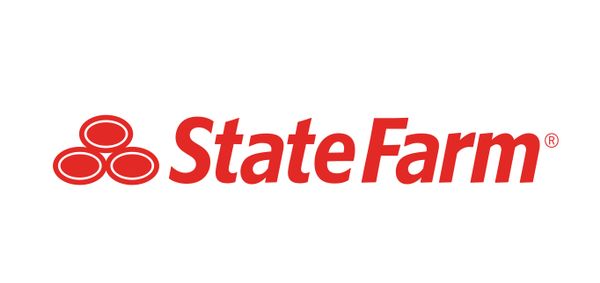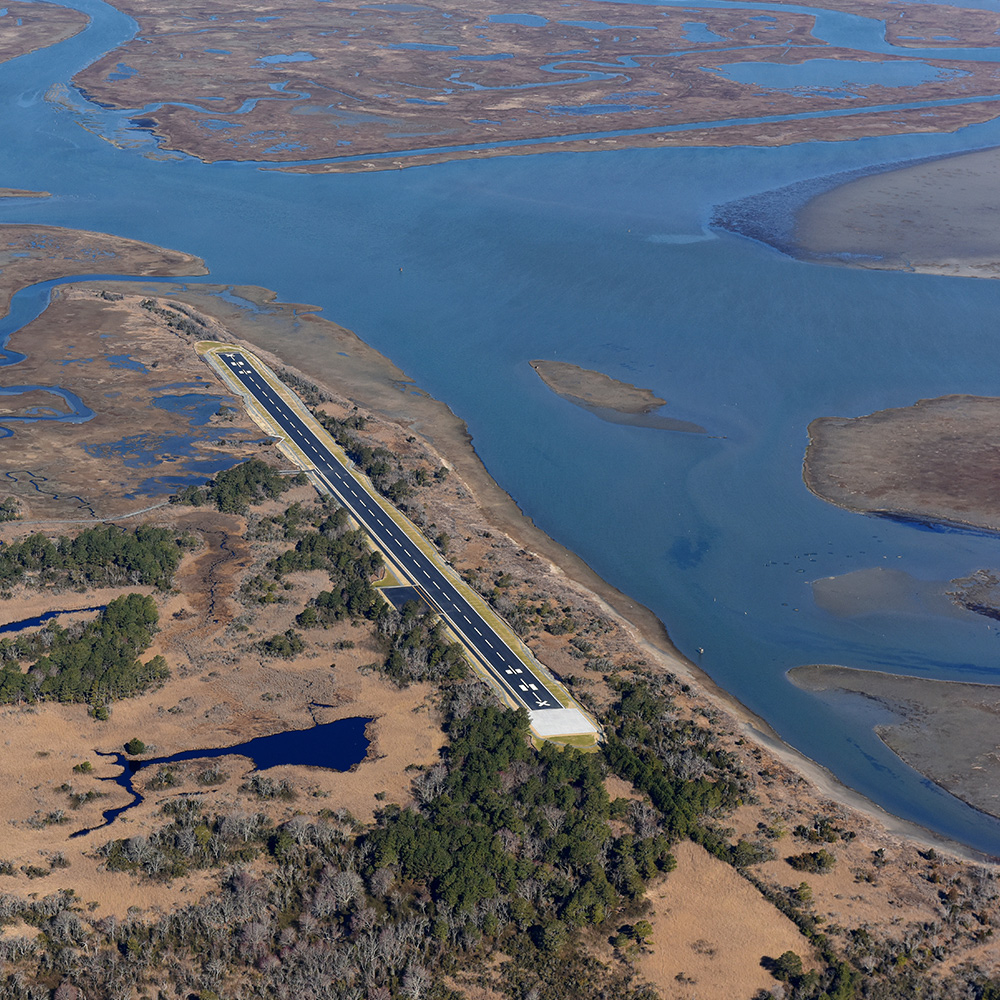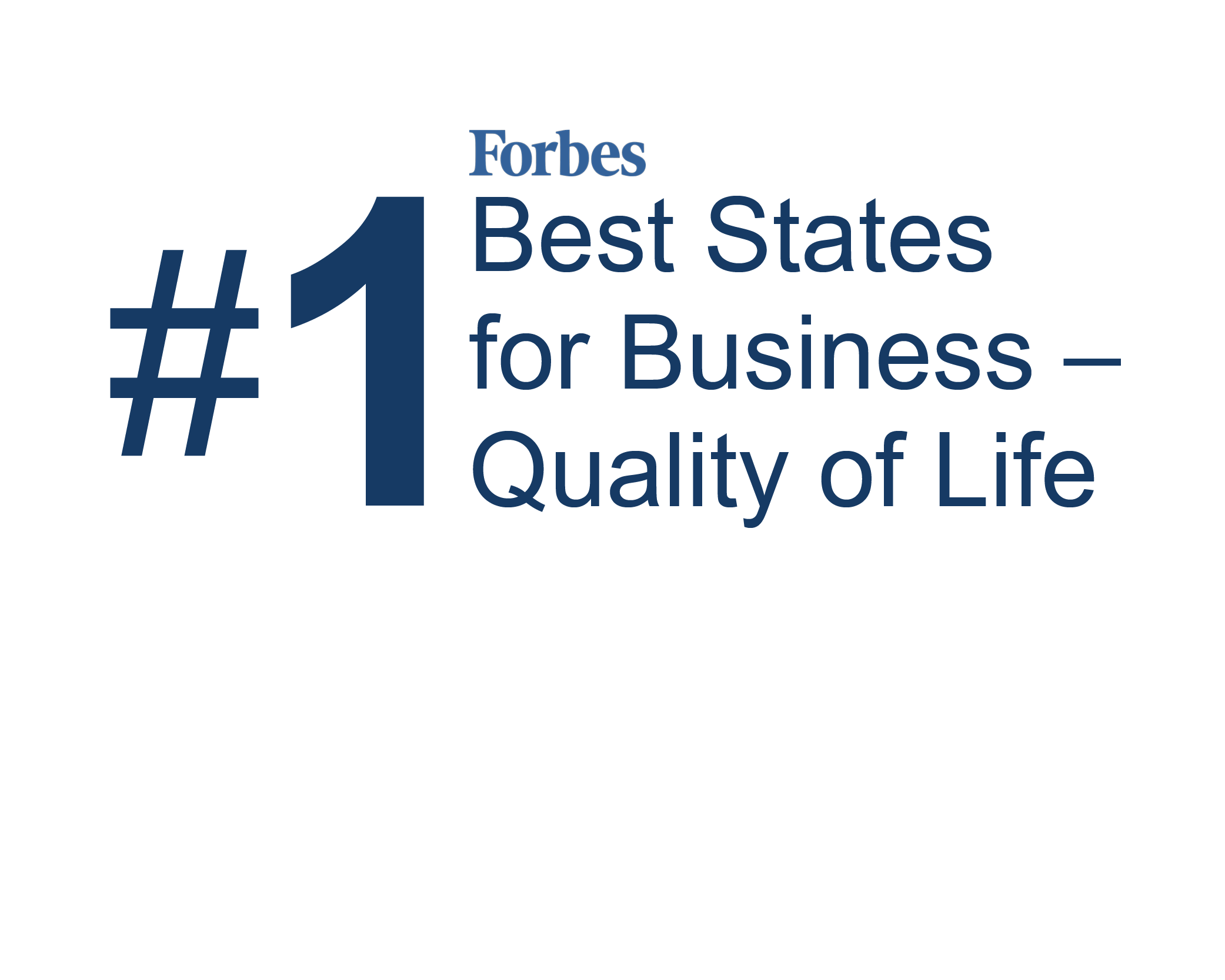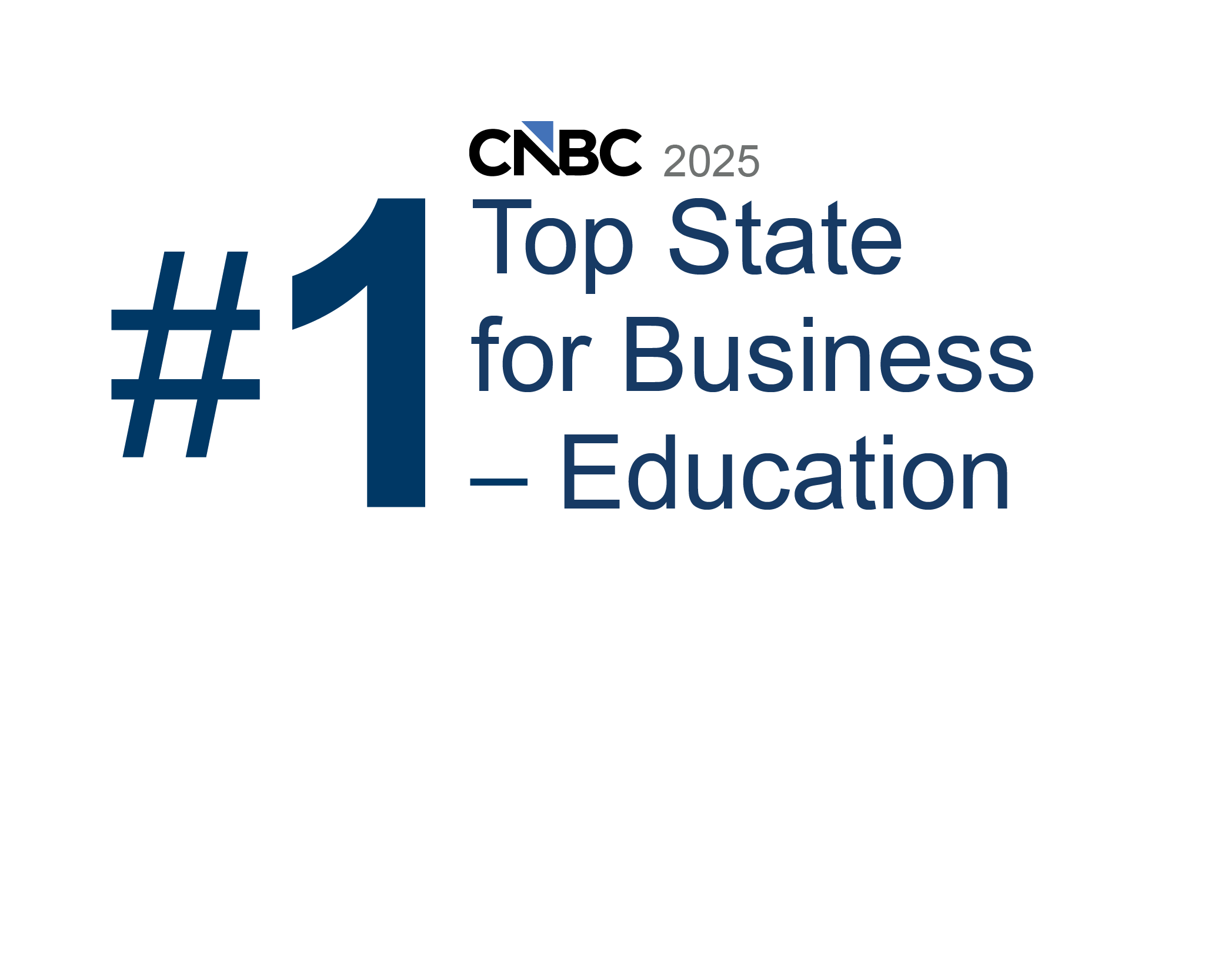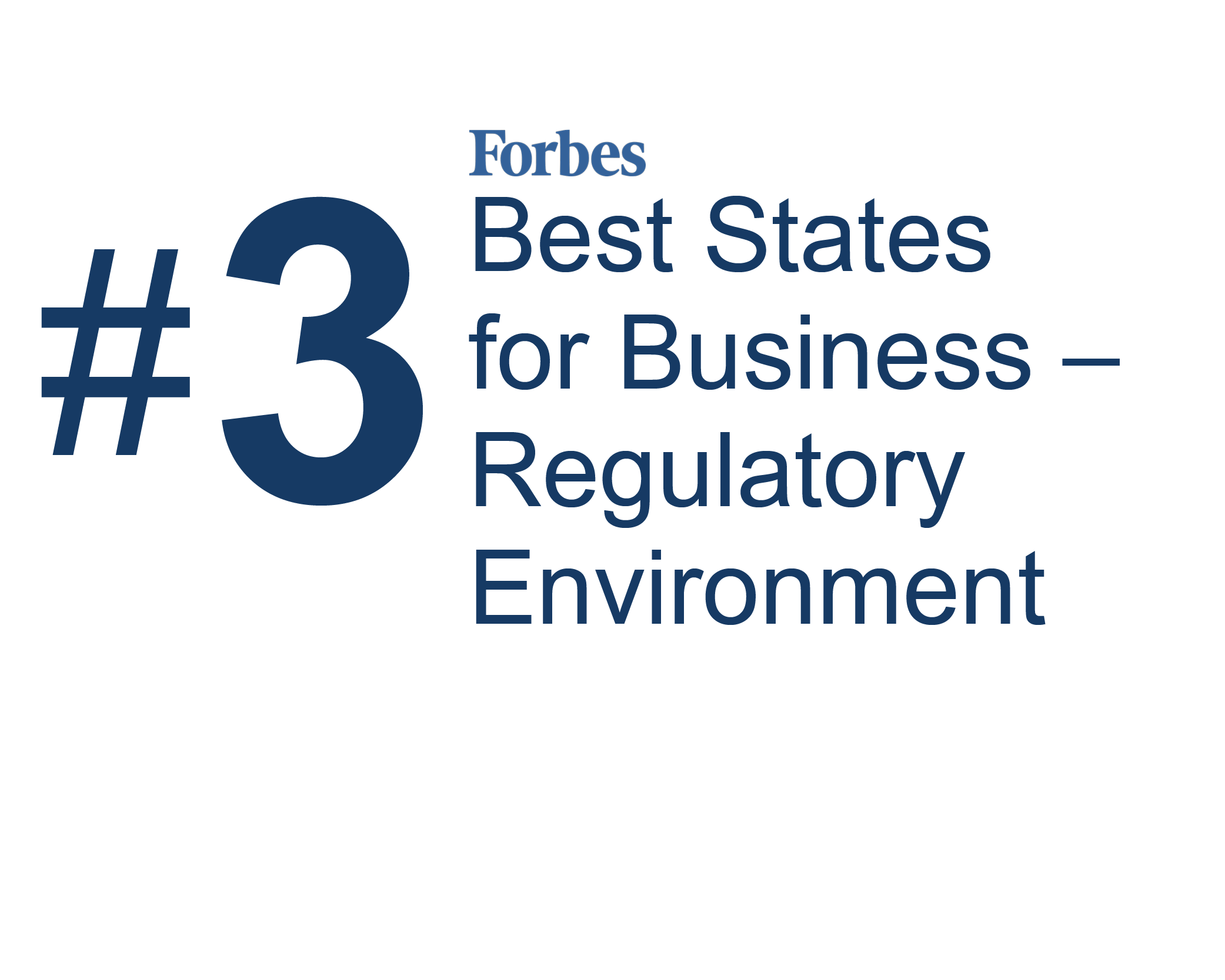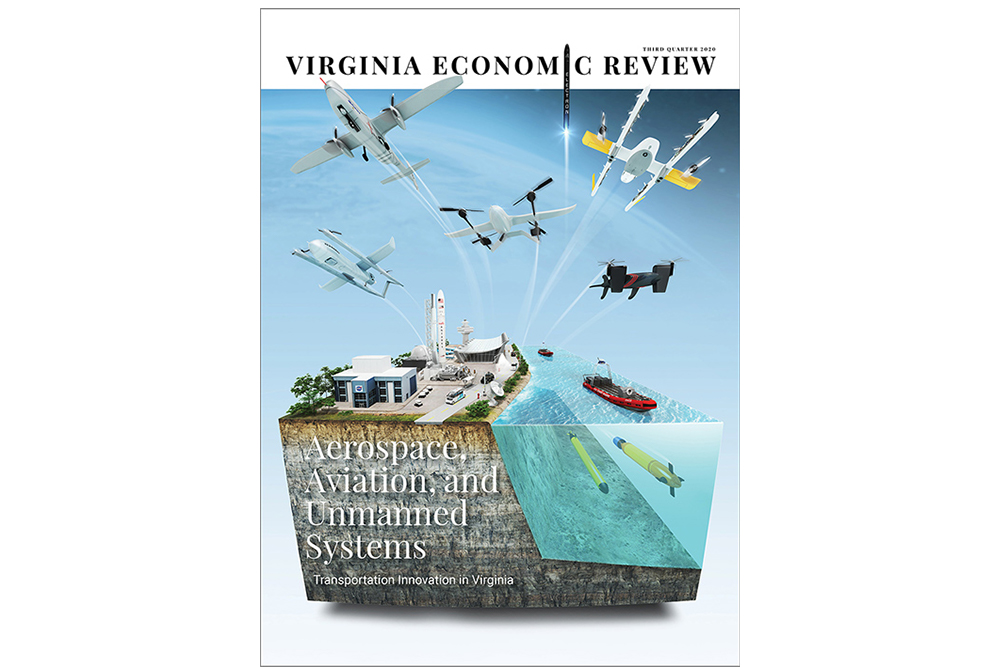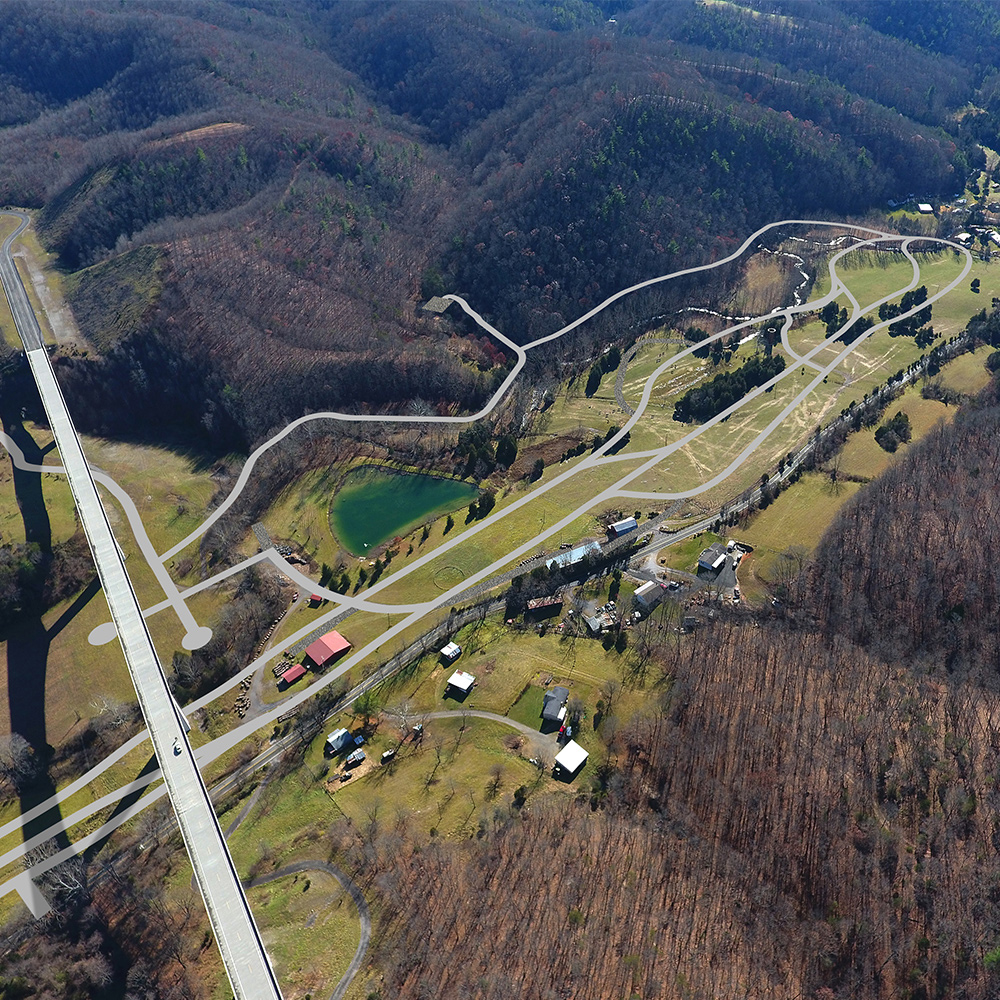
Virginia Tech Transportation Institute
Driving Innovation
Virginia is home to a number of companies at the forefront of self-driving technology. Advanced driverless technologies are being developed at companies like Torc Robotics (Blacksburg) and Perrone Robotics (Crozet) and are part of the advanced unmanned ecosystem in Virginia today.
The Virginia Tech Transportation Institute (VTTI) is the 2nd-largest university-level transportation institute in the U.S. and operates the Virginia Automated Corridors (VAC) Initiative in partnership with the Virginia Department of Transportation, the Department of Motor Vehicles, Transurban, and HERE Technologies, a leader in automotive mapping technology. The VAC offers automated vehicle developers the opportunity to test their technologies on Virginia roads covering more than 70 miles of interstates and arterials in Northern Virginia, including Interstates 66, 495, and 95, as well as state routes 29 and 50. The corridors also include two test-track environments - the Virginia Smart Road, located on-site at the Transportation Institute, and the Virginia International Raceway in Southern Virginia.
